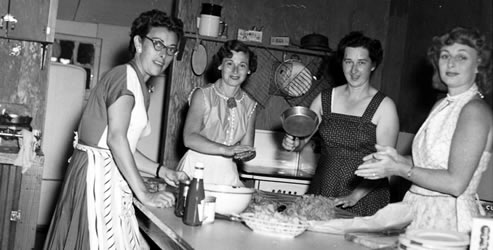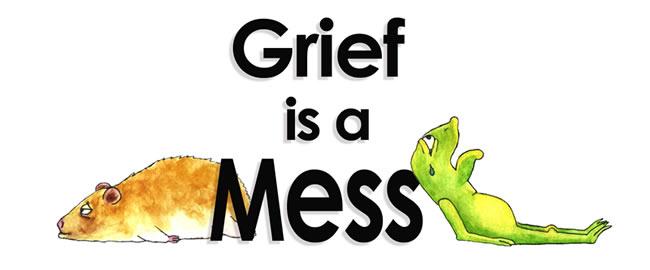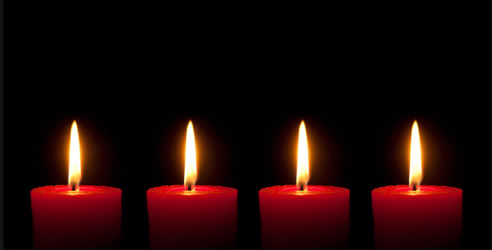
(Excerpt from book due to be published in late 2016)
What to do upon hearing of the death?
Someone has died. They were a friend, fellow worker, neighbor, someone from your community or place of worship. You knew the deceased or you didn’t know them at all, but you are close to one of their family members. The question is: how are you going to be present for the bereaved?
John Bowlby, the British psychologist and pioneer in the field of loss said, “The loss of a loved one is the most intensely painful experience any human can suffer, and not only is it painful to experience, but also painful to witness, if only because we’re so impotent to help.”
Death is not contagious nor is grief, but many of us can’t cope with being around death. In general we don’t practice feeling helpless—enough–to understand there is value in feeling impotent. That said each time you confront and overrule the desire to flee you build the emotional muscle necessary to accept what you can’t control or fix in your own life.
I often listen to grief support group members express their surprise, disappointment and anger over how many of the friends they thought would be there for them, weren’t—and how people they didn’t expect to showed up, did, and continued to support them in their mourning.
With that in mind don’t be the friend who runs.
If you are honest, you know what to do, first
In your heart of hearts, you know what to do when a friend, extended family member or fellow employee has died—or one of their loved ones has passed away.
- If you were close to the deceased or their survivor, you know to call them immediately and offer concrete help.
- At the very least you know to find out the date, time and venue of the visitation, funeral or memorial service—and show up.
- If 1 & 2 aren’t possible, you know to write a note to the bereaved explaining why you weren’t available.
- And lastly, you know the worst thing you can do is nothing.
The bereaved and emotional shock
The mind cannot easily grasp that a person can be alive yesterday and dead today, even if there has been a prolonged illness. Shock is common and it serves to prevent emotional flooding and overwhelm. As a result the bereaved usually remain functional and emotionally stable in the weeks following the death. This doesn’t mean they don’t need help. The number of calls and decisions that must be made immediately after a death is overwhelming.





 I often hear my clients say: “Why should I care about my health when I’m not sure I care to live?”
I often hear my clients say: “Why should I care about my health when I’m not sure I care to live?”